Bahrain country profile
- Published
This page is no longer being updated. It was last updated on 21 August 2023
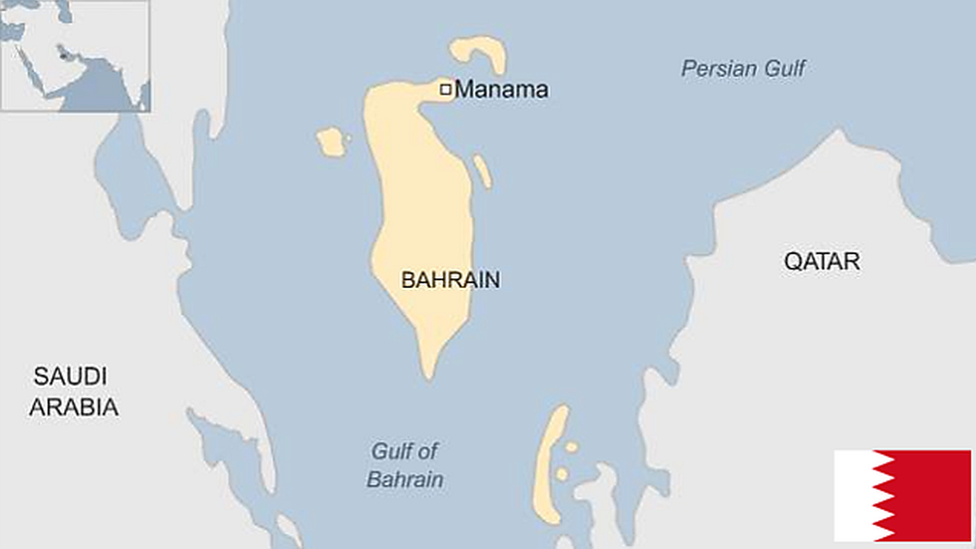
Bahrain was one of the first states in the Gulf to discover oil and to build a refinery. It never reached the levels of production enjoyed by Kuwait or Saudi Arabia, and so has had to diversify its economy.
The country is ruled by a Sunni king, whose family holds the main political and military posts. The divide between the Shia majority and the Sunni rulers has led to long-running tension, which has sporadically boiled over into civil disobedience.
Bahrain was once viewed as a promising model for political reform and democratic transition, but since crushing a popular prodemocracy protest movement in 2011, the monarchy has systematically eliminated a broad range of political rights and civil liberties.
Read more country profiles, external - Profiles by BBC Monitoring, external
KINGDOM OF BAHRAIN: FACTS
Capital: Manama
Area: 786.5 sq km
Population: 1.4 million
Languages: Arabic, also English
Life expectancy: 78 years (men) 80 years (women)
LEADER
King: Sheikh Hamad bin Isa Al Khalifah
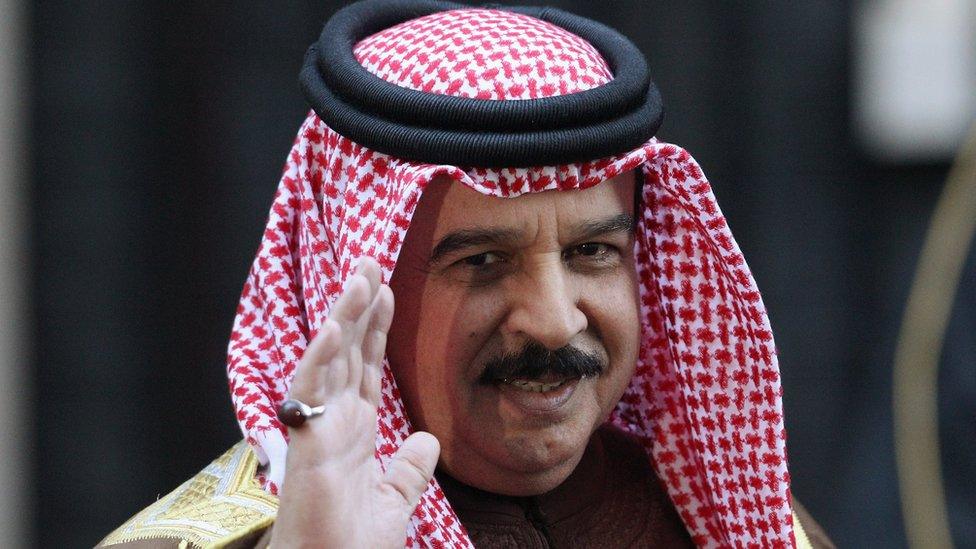
Sheikh Hamad, who has led the country since 1999, changed his title from emir to king when Bahrain became a kingdom in 2002.
Born in 1950, he was educated at a public school in Cambridge and went on to study at Mons Officer Cadet School in Aldershot in the UK and at the US Army Command and Staff College at Fort Leavenworth.
Under his leadership, the country has faced protests and civil unrest from the Shia majority, with demonstrators saying the ruling Sunni minority shuts them out of housing, healthcare and government jobs.
MEDIA
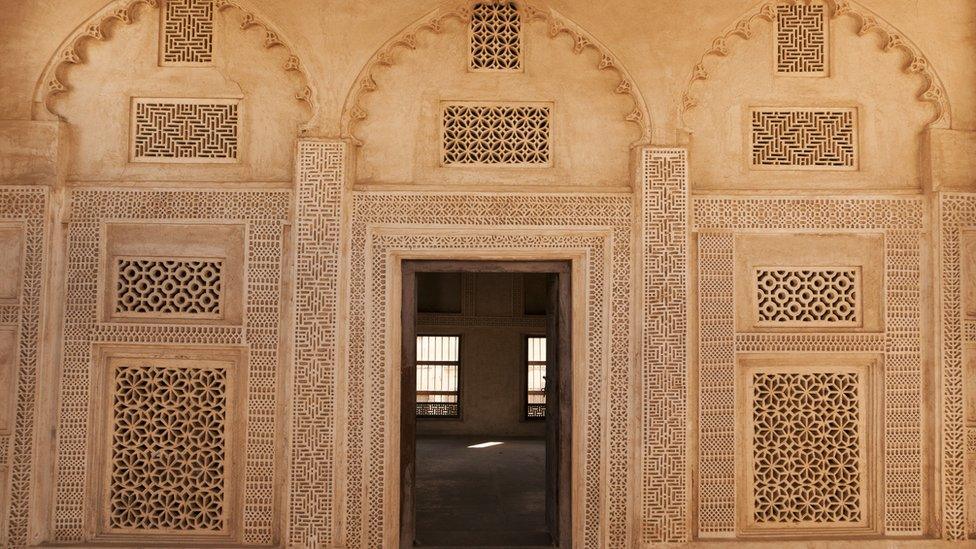
The media are under tight official control. The main TV and radio networks are state-run and newspapers follow a pro-government editorial line.
Media watchdog Freedom House says legislation is used to detain or jail critical journalists and online activists.
Bahrain has one of the highest rates of internet penetration in the Arab world.
TIMELINE
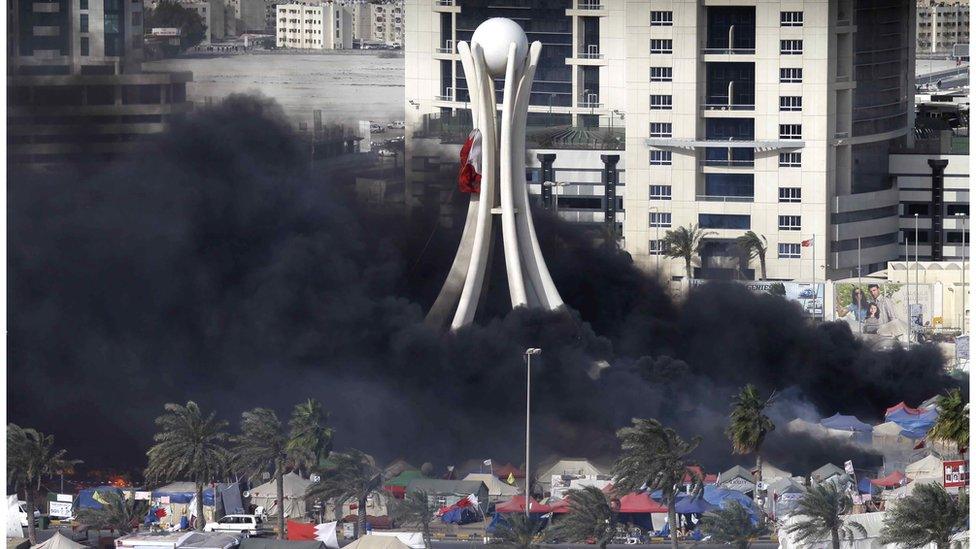
The Pearl Square monument became a symbol of democracy during the 2011 protests and was subsequently demolished
Some key dates in Bahrain's history:
1602-1783 - Persian rule.
1783 - Rule by sheikhs of the Khalifah family.
1861 - Britain assumes responsibility for the Bahrain's defence and foreign relations.
1913 - Britain and the Ottoman government sign a treaty recognising the independence of Bahrain but the country remains under British administration.
1931 - The Bahrain Petroleum Company (Bapco), a subsidiary of the Standard Oil Company of California (Socal), discovers oil at Jabal al-Dukhan and production begins the following year.
1967 - Britain moves its main regional naval base from Aden to Bahrain, a year before deciding to close all its bases east of Suez by 1971.
1970 - Iran under the shah renounces claims to Bahrain, but the successor Islamic Republic of Iran does not recognise this renunciation.
1971 - Bahrain declares independence and signs a new treaty of friendship with Britain. Sheikh Isa becomes the first emir and the council of state becomes a cabinet.
1981 - Bahrain joins the Gulf Cooperation Council (GCC), which also includes Kuwait, Oman, Qatar, Saudi Arabia and the United Arab Emirates.
1986 - Opening of the King Fahd causeway which links Bahrain to the mainland of Saudi Arabia.
1991 - Bahrain signs a defence cooperation agreement with the United States, providing for port facilities and joint military exercises.
2001 - Referendum on political reform; Bahrainis overwhelmingly back proposals under which Bahrain would become constitutional monarchy with elected lower chamber of parliament and independent judiciary.
2011 - Protesters gather in Manama, inspired by popular revolts that toppled rulers in Tunisia and Egypt. Saudi troops take part in a crackdown.
2018 - Bahrain reports discovery of the kingdom's largest oilfield in more than 80 years.
Opposition leader Sheikh Ali Salman of the banned Al-Wefaq party is sentenced to life in jail on charges of spying for Bahrain's rival, Qatar. Rights organisations criticise the trial as politically-motivated.
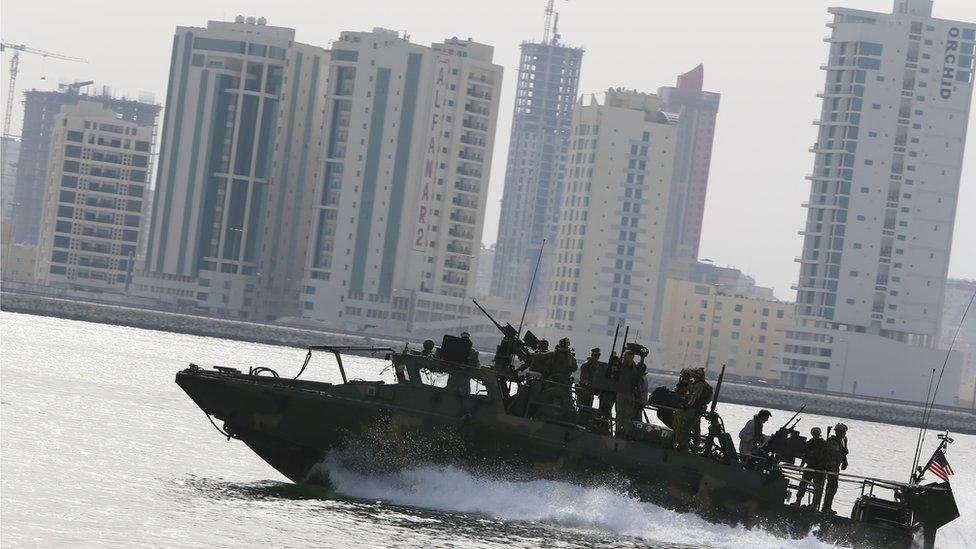
Bahrain is home to the US Navy's Fifth Fleet
Related topics
- Published18 December 2023
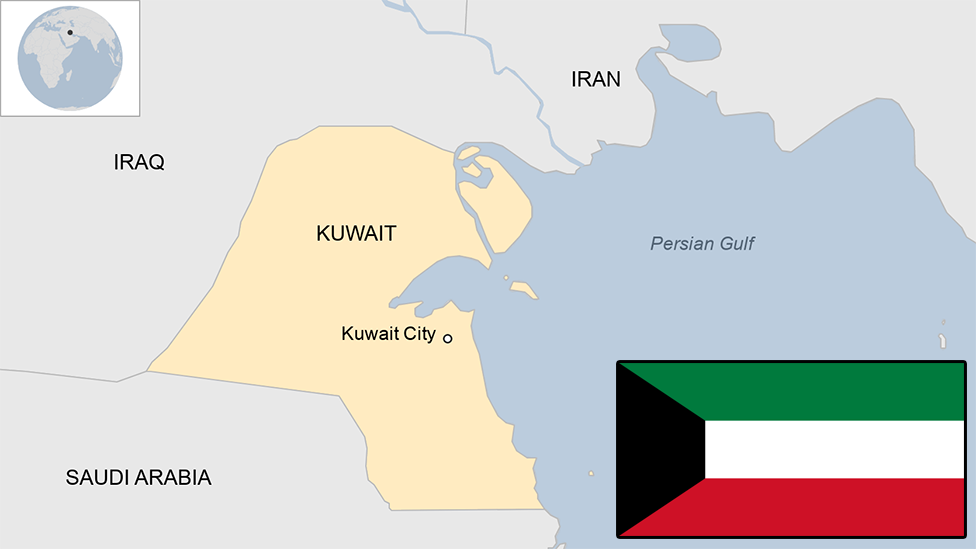
- Published29 August 2023
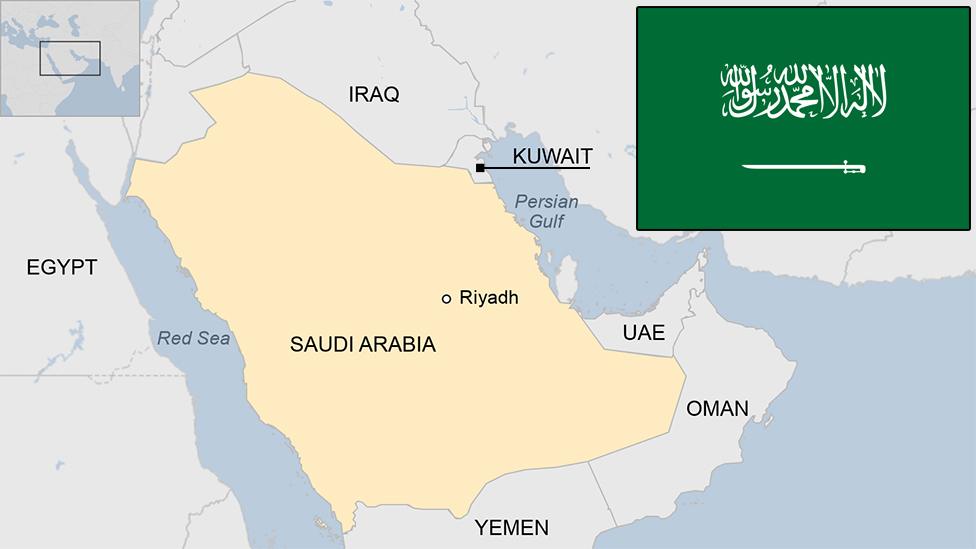
- Published7 September 2023
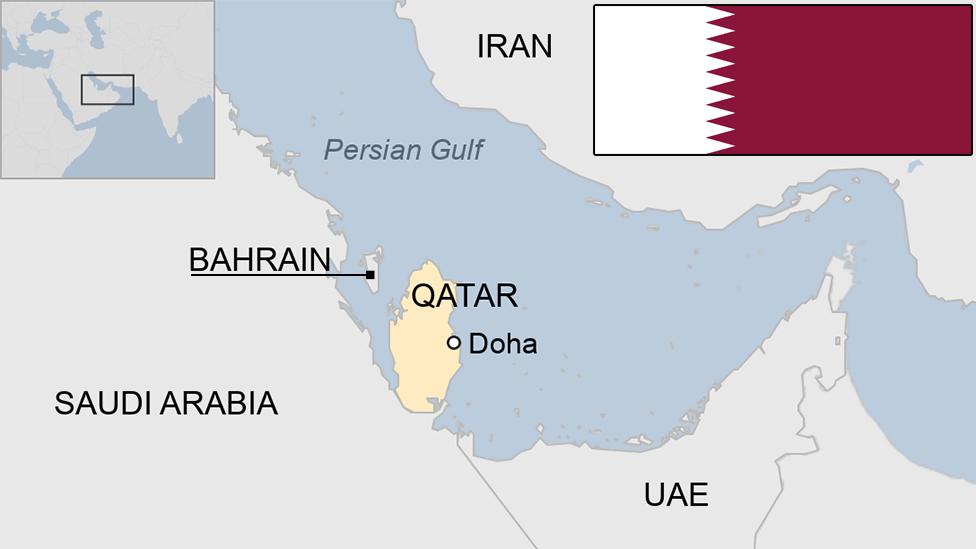
- Published7 September 2023
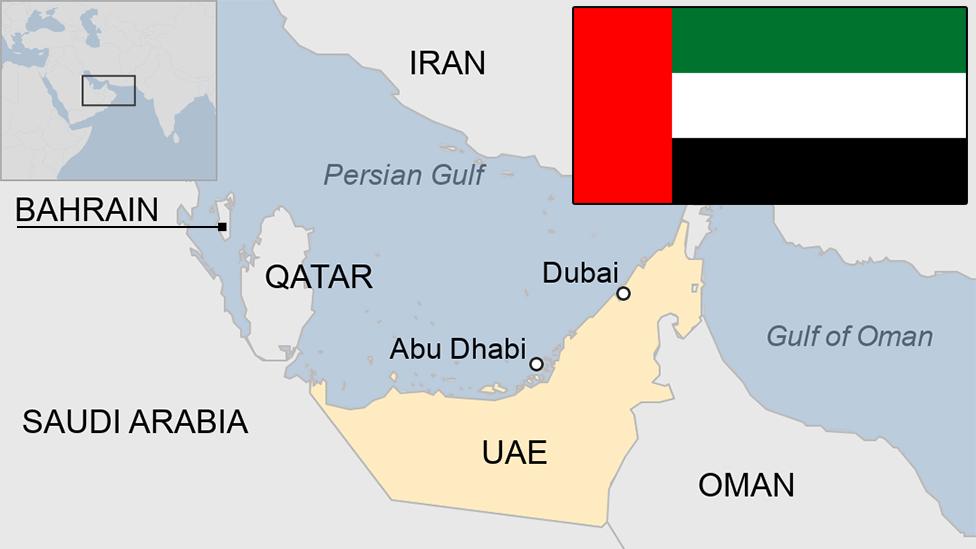
- Published14 October 2024
